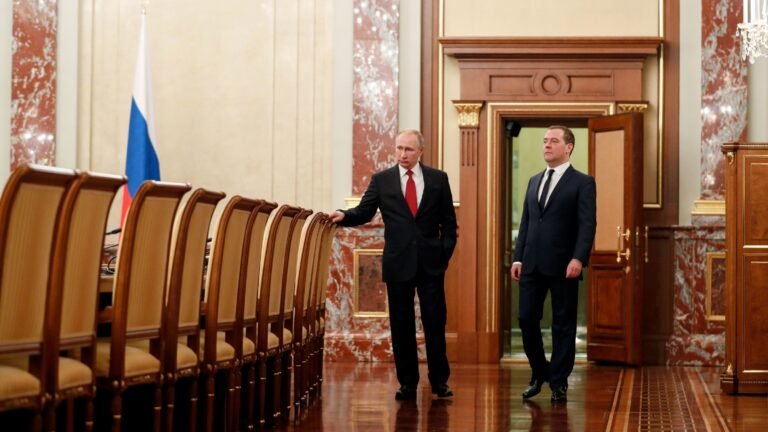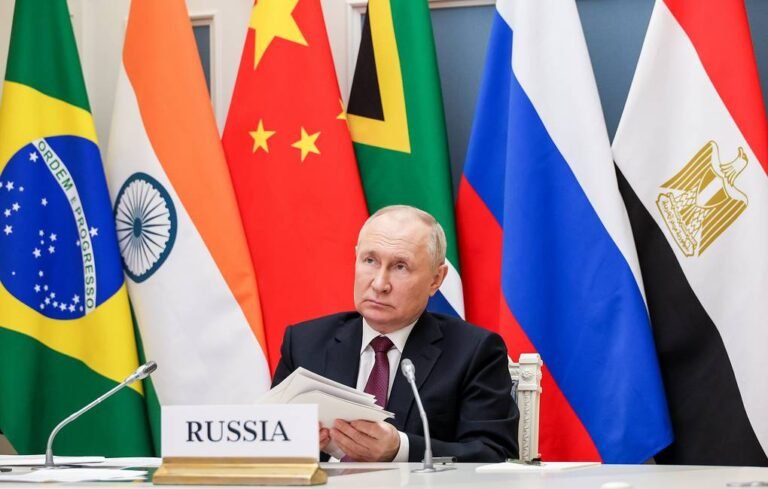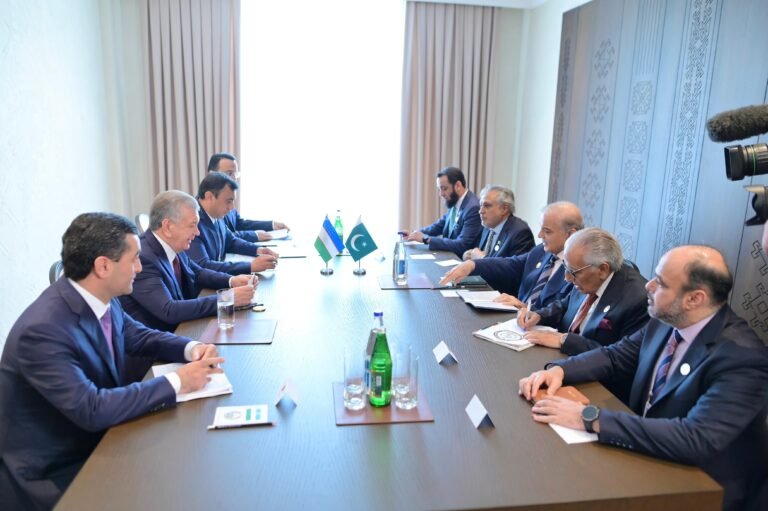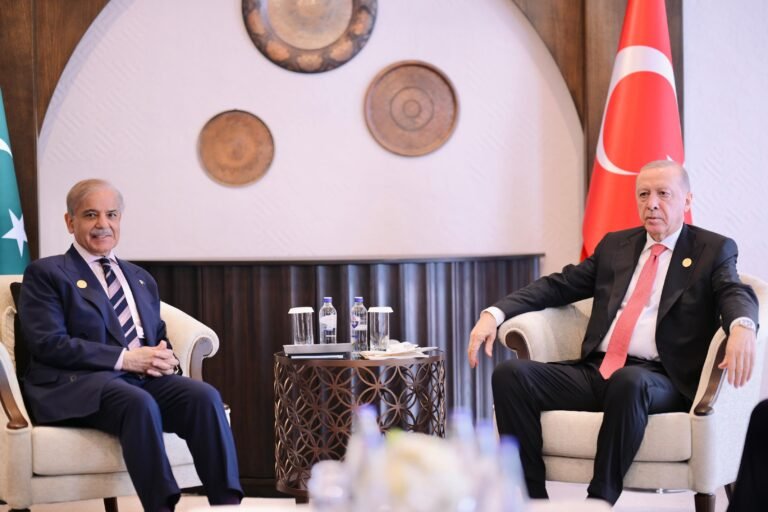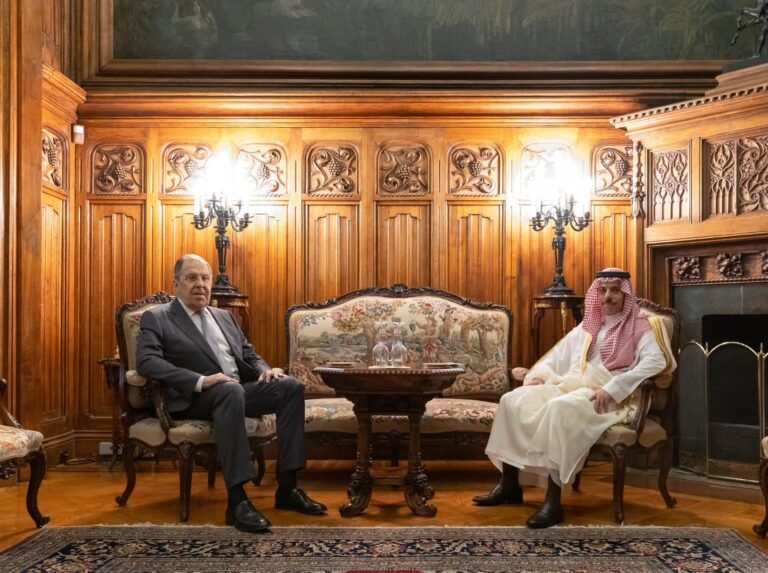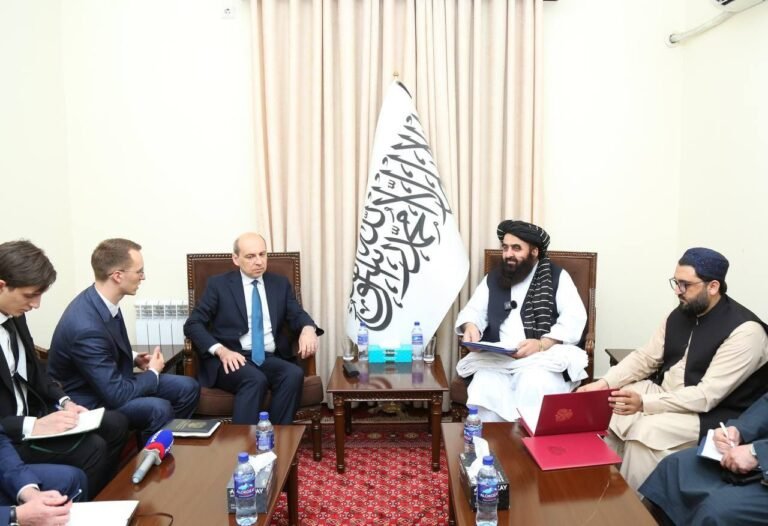The US, Egypt and Qatar announced a ceasefire deal to end the fighting in Gaza in return for the release of hostages and the gradual withdrawal of Israeli forces from the enclave.
The deal is for six weeks and will go into effect on Sunday, Jan. 19. The details of the agreement, which were publicized by President Joe Biden during a speech on Wednesday, closely reflect the deal he proposed last year.
Exchange of prisoners and hostages
Israel will release 30 Palestinian prisoners in exchange for every Israeli hostage, and another 50 Palestinian prisoners for every female Israeli soldier held in Gaza.
Female hostage and those under 19 years old will be released first. This will see the release of 33 Israelis within the first 42 days of the deal.
According to Al Arabiya sources, the total number of Palestinians could reach 1,650.
Residents displaced from northern Gaza could return starting from January 22.
Negotiations on the Philadelphi Corridor
Israel will gradually withdraw from Netzarim and Philadelphi Corridor.
Sources told Al Arabiya that Israel wanted a supervisory role in Philadelphi, which was rejected in the final ceasefire deal along with Israel’s demand for a permanent representative at the Rafah Crossing.
Israeli Prime Minister Benjamin Netanyahu’s office earlier said that Hamas had made a “last-minute” demand to change the deployment of Israeli forces in the corridor that runs along the Egypt-Gaza border. “Due to the strong insistence of Prime Minister Benjamin Netanyahu, Hamas folded on its last-minute demand to change the deployment of [Israeli military] forces in the Philadelphi Corridor,” Netanyahu’s office added.
Phase two
Negotiations for phase two of the agreement are set to begin on the sixteenth day of the ceasefire. This phase will include the release of all remaining hostages and a full Israeli withdrawal from the Gaza Strip.
Aid to Gaza
Six hundred trucks of humanitarian aid are to enter Gaza daily during the six-weeks of the ceasefire. UN Secretary-General Antonio Guterres said it was “imperative” that the ceasefire remove obstacles to aid deliveries as he welcomed the deal.
The Rafah Crossing is expected to open starting January 16, sources said.


